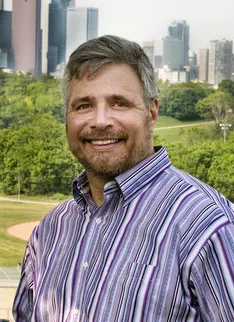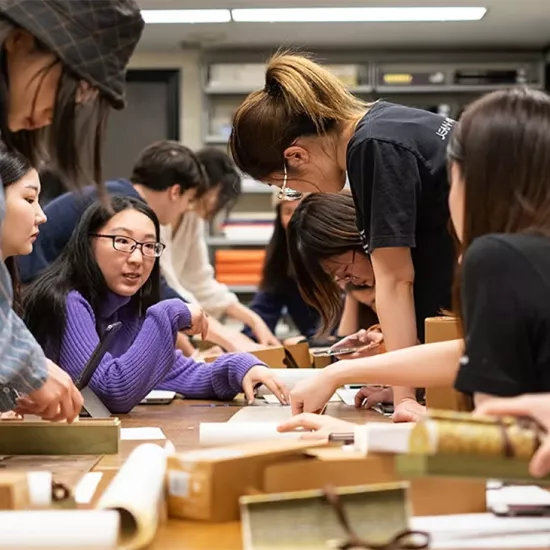Averting climate change

At the United Nations Climate Change Conference in Paris this past November, Canada strove to redefine itself as a global leader in the race to avert calamitous climate change. But if Canada really wants to lead, its efforts must extend beyond meetings of nations.
Professor Jutta Brunnée, who holds the Metcalf Chair in Environmental Law in the Faculty of Law and studies multi-lateral environmental agreements, says that international treaties still matter, but that national governments no longer work alone to spur action, shape policy, verify outcomes and get results.
“There is a lot happening outside of treaties,” she says. “For instance, certification programs create international standards that are not international law in the conventional sense at all. It’s not that nobody makes environmental treaty law any more, but you now have a greater diversity of ways to implement and complement treaties. The buzzword is ‘non-state actor’.”
A treaty might point the way, but along with states, provinces and cities, it’s international organizations, business and industry associations, think tanks, NGOs, and even individuals and social media channels who execute much of the work, including even verification and enforcement.
“At the international level, you very rarely have something that would compare to domestic law enforcement,” says Brunnée. “There are other compliance mechanisms, and publicity is one of them. When governments fail to live up to their commitments, they are often more concerned about public reputation than legal penalties.”
The idea of enforcement itself is also ceding ground to conversations about opportunity. Many countries now treat climate change as an economic opportunity rather than an uneasy responsibility. With the right investments, Brunnée says, Canada could come out a winner.
“Decarbonization means creating conditions in which Canadians are innovative,” says Brunnée. “Even if you don’t care about the climate, you should care about the economic and social opportunities.”
Like Brunnée, Stephen Scharper embraces Canada’s renewed enthusiasm to lead internationally, but he says our success around climate change will depend on internal shifts as well.
“Part of the future is restoring our reputation around the environment in concert and in dialogue with other countries,” says Scharper, an associate professor of environmental studies at U of T Mississauga who studies cultural approaches to ecology. “But we also need to address a legacy of what might be termed ‘environmental racism’ in relation to our Indigenous communities.”
He says re-establishing the country’s ecological credibility requires dealing directly with dump sites that tend to be close to or within Indigenous reserves. From oil pipelines that cross Indigenous lands to boil-water orders in dozens of northern communities, Canada has work to do to become an authentic leader on the environment.
He believes that even as the country takes responsibility for this relationship, that new opportunities also emerge.
“Aboriginal worldviews of interrelationship and kinship with nature that were once viewed as antique are gaining new currency,” he says. “It’s not just an issue of justice, but also of valuable worldviews that should be allowed to permeate the conversation.”
It might seem that legal responsibility or a self-interested economic argument for addressing climate change and a more spiritual, aboriginal-inspired kinship with nature might be incompatible motivators. But in fact, Brunnée and Scharper agree that climate change must be confronted at all levels and in all ways at once.
“I’m the eternal optimist; I think we can do it.” Brunnée says. “People are beginning to understand that climate change isn’t a future problem, it’s a current problem. Dealing with it takes all of us – not just governments – working at all different levels.”
It helps that people now see climate change more as a current problem, than something that might be pushed off for the future.
“We’re reaching a point where we can no longer ignore this,” says Scharper. “Climate deniers are increasingly a fatuous minority. People are realizing this has to be addressed now.”
This story originally appeared in the Spring 2016 issue of Edge.



